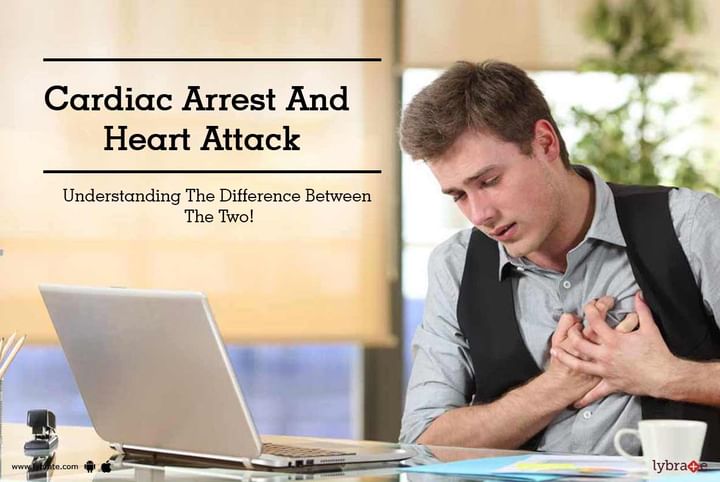Cardiac Arrest And Heart Attack - Understanding The Difference Between The Two!
The news of Sridevi's sudden and unexpected demise was a shock for the entire nation and left a number of questions in the minds of the people. However, there are multiple reasons which are under speculation and can be attributed to her death - cardiac arrest, heart attack and death due to accidental drowning. Usually, cardiac arrest and heart attack are two things which most people use interchangeably, however, there is a big difference between the two.
Difference between cardiac arrest and heart attack:
A cardiac arrest is far deadlier considering that it comes without a warning or any prior indication of a problem. Here, the heart just stops beating and immediate first-aid can make a lot of difference between life and death. Electrical shock is the best way to revive a patient and should be given within a few minutes of such an arrest.
On the other hand, a person suffers a heart attack when there is a blockage in the artery which prevents the smooth flow of oxygen-rich blood from reaching the heart. It is important to note that unlike a cardiac arrest the signs of heart attack start slow and persists for long.
A heart attack is one of the common causes of cardiac arrest, but not always it is the case. A cardiac arrest happens most commonly when the heart is receiving more than 300 impulses per minute or due to absent electrical impulses. In the first instance an electrical shock is a lifesaving technique and in the second, the patient can be treated with certain medications and a temporary pacemaker.
Symptoms of cardiac arrest:
The symptoms of cardiac arrest are immediate and extreme.
- A fainting spell or a sudden collapse
- Loss of consciousness
- No pulse or breathing
Symptoms of a heart attack
- Discomfort along with chest pain
- Shortness of breath
- Nausea with vomiting
- Sweating
- Headache and jawpain
Prevention of a cardiac arrest:
What makes this a deadly condition is that you cannot tell your risks of having one and therefore the next best thing to do is to lower your risks.
The best way to do that is to:
- Follow a diet that is balanced and nutritious
- Alcohol should be consumed in moderation
- Quit smoking
- Stay physically active
How can you prevent a heart attack?
- Keep yourself fit and exercise regularly
- Keep your cholesterol level under check
- Limit your alcohol intake
- If you are obese, control your weight
- Intake a heart-friendly diet.
Now that the distinction is clear between the two, it is recommended that everyone should get themselves screened for potential heart problems on a regular basis. In case of a query or concern consult an expert and get your answers.



+1.svg)
